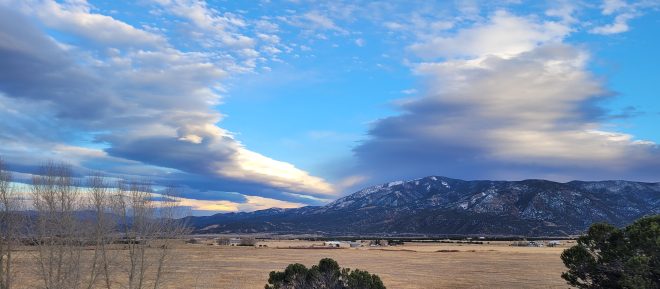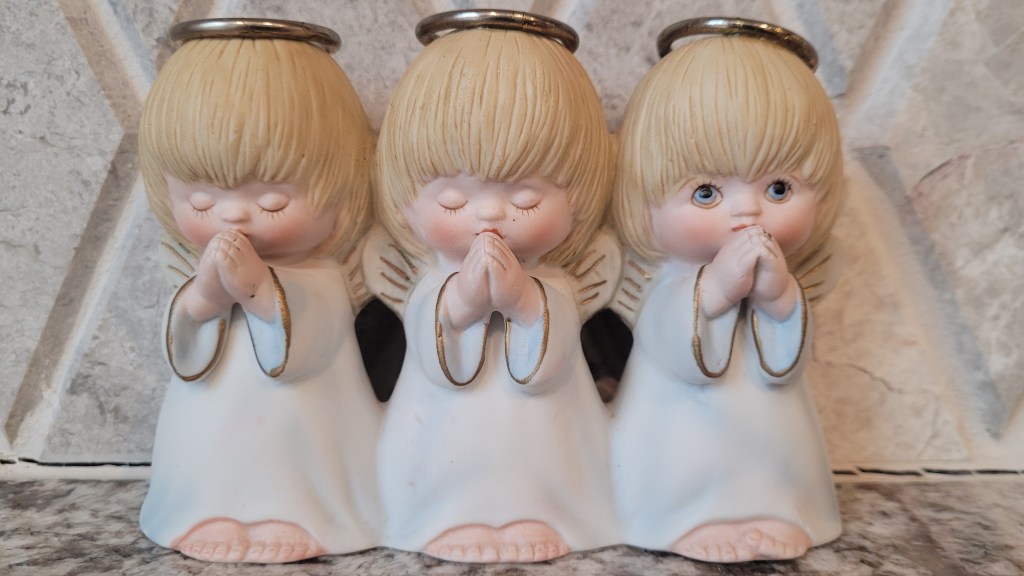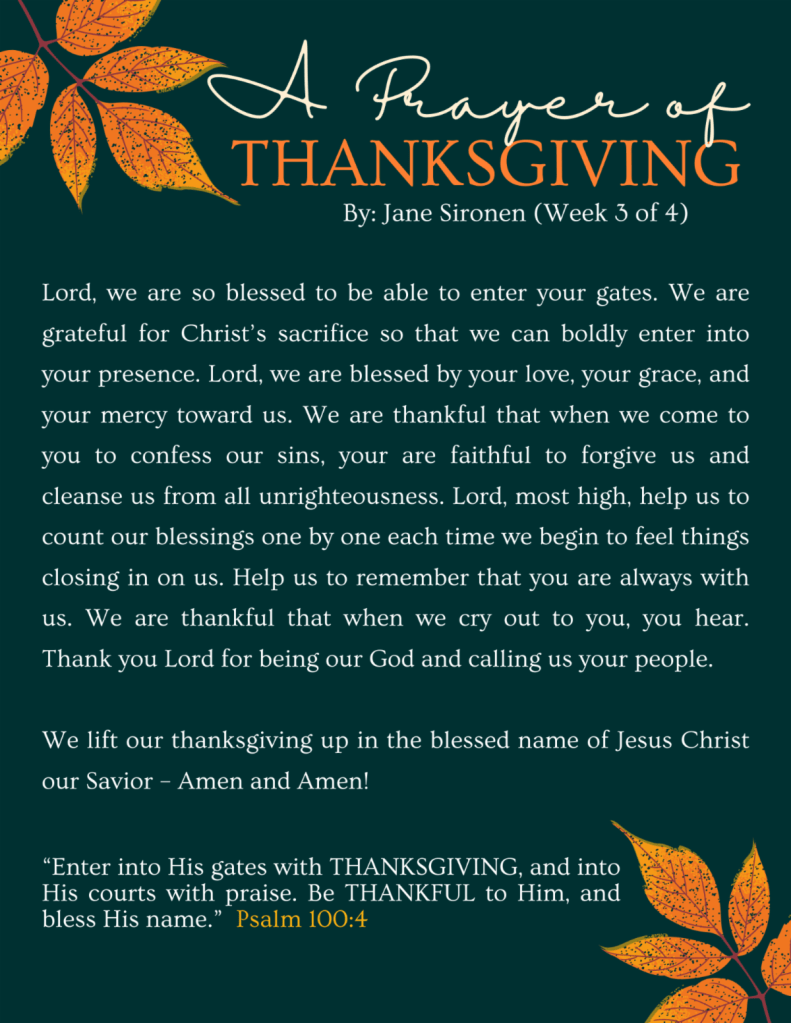“Go in peace to love and serve the Lord.” -Traditional Liturgical Benediction
This blog is nearly 10 years old and this is post #523.
The purpose of these posts has been to share some thoughts with you as I walk along the road to knowing God. The writing has helped me to know him better in that it has caused me to think through what I read and learn as I process it to share with you.
Today I sense that I am being directed to take a break – not from learning, or obeying, or growing – but from writing this blog. Maybe not forever. I might, at some time in the future, be able to return to it with a freshness of spirit and approach.
Some of you have been with me on this journey from the very beginning. Thank you for your faithfulness. Others are fairly new followers, so I am sorry to leave you so soon. All of you, though, feel free to browse through the archives if you are interested in revisiting previous posts.
There are many good sources for devotional thoughts these days. Please find them, enjoy them, grow in your knowledge of God through them.
And, if by his grace, we meet again through this forum, that will bring me joy.
May God himself, the God of peace, sanctify you through and through. May your whole spirit, soul and body be kept blameless at the coming of our Lord Jesus Christ. – 1 Thessalonians 5:23


















































